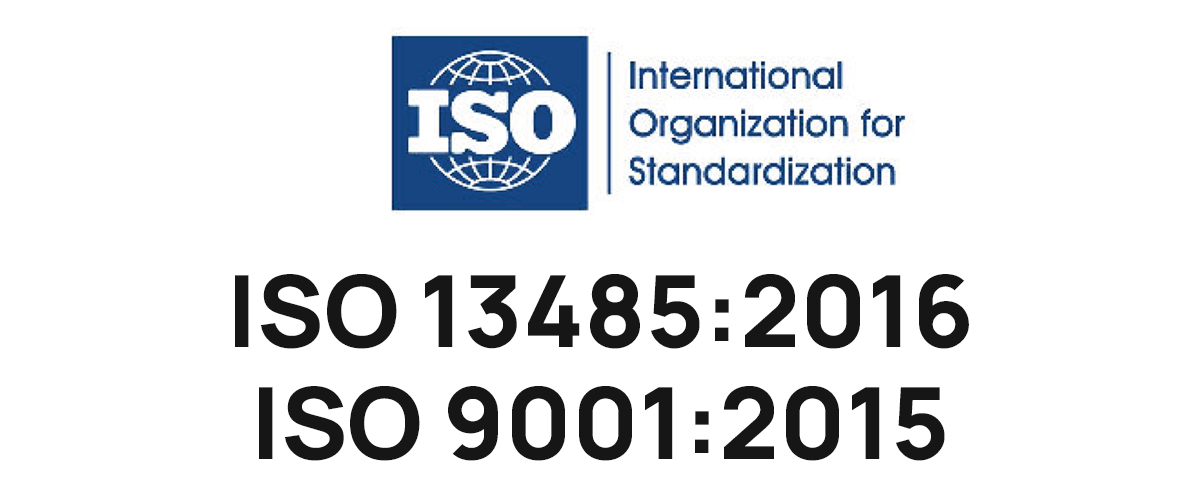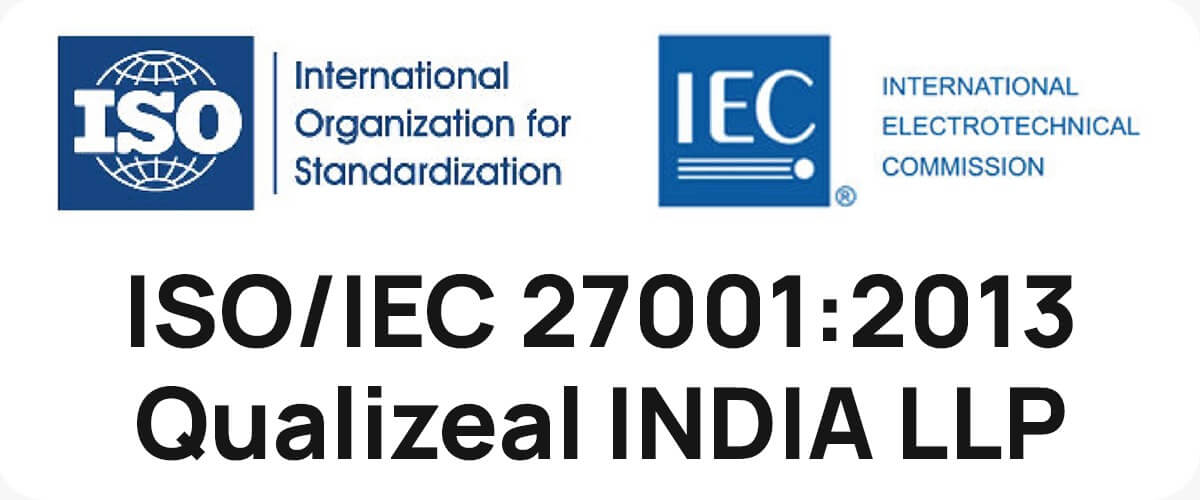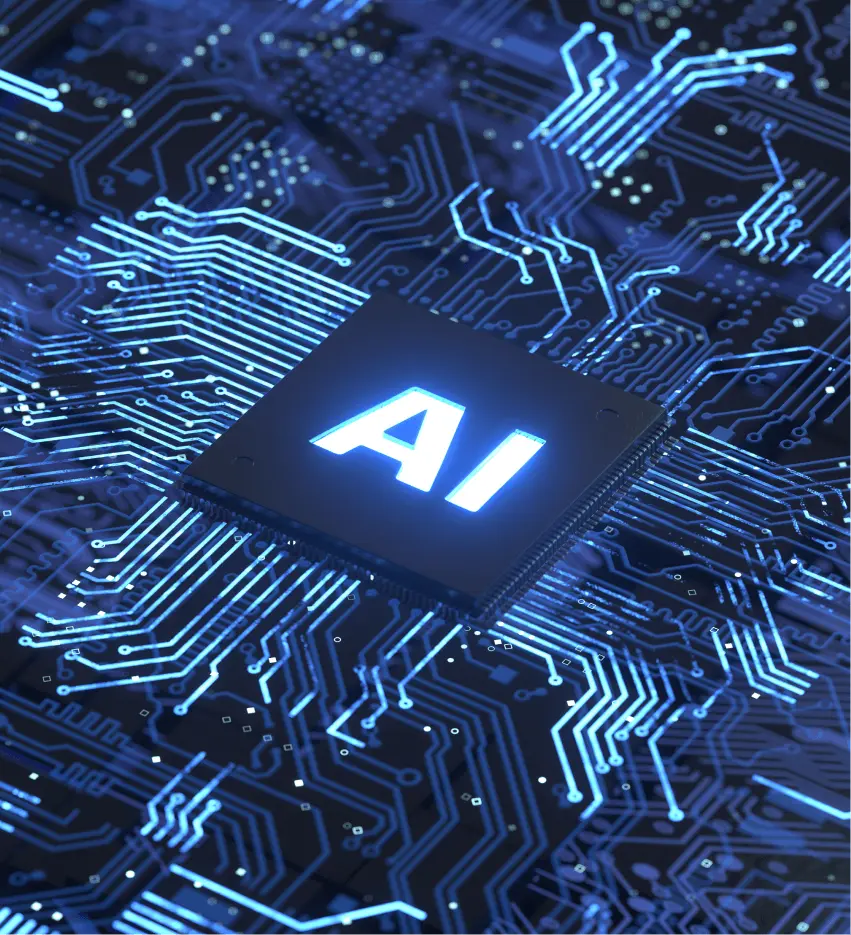Today’s healthcare systems are facing mounting pressure – from rising operational costs to growing patient demands and workforce burnout. To overcome these complex challenges and, more importantly, to deliver better patient outcomes, healthcare providers are turning to intelligent automation.
Before exploring how automation is transforming care delivery, it’s important to understand the urgent need for change: medical mistakes tragically claim around 250,000 lives each year in the United States alone, and global healthcare expenditures are projected to reach $10 trillion by 2025 (AutomationEdge). Adding to the burden, healthcare professionals spend nearly half their day on administrative paperwork, leading to a 42% burnout rate and a 55% increase in error rates (AutomationEdge).
Fortunately, innovative technologies like artificial intelligence (AI), machine learning (ML), robotic process automation (RPA), and natural language processing (NLP) offer a way forward. Public trust is growing too – Tebra’s survey found that 8 out of 10 Americans believe AI can help improve healthcare quality, lower costs, and enhance accessibility (Tebra). At the same time, McKinsey reports that about 60% of healthcare executives implementing generative AI solutions are already seeing, or expecting, a positive return on investment (McKinsey).
In this article, we explore how intelligent automation is reshaping healthcare, driving operational efficiency, strengthening resilience, and ultimately leading to significantly improved patient outcomes.

What is Intelligent Automation in Healthcare?
Smart automation in healthcare combines cutting-edge technologies to simplify processes and improve care delivery. AI interprets large datasets to offer insights, ML forecasts outcomes from patterns, RPA performs repetitive tasks, and NLP translates unstructured data such as patient notes. Collectively, these technologies lower administrative burdens, enhance diagnostic accuracy, and facilitate personalized care. By automating mundane tasks, healthcare workers can concentrate on patient interaction, which may result in improved clinical outcomes and increased job satisfaction.
Applications of Intelligent Automation in Healthcare
Intelligent automation is reshaping healthcare through diverse applications, each addressing specific challenges:

Administrative Tasks Automation
- Appointment Scheduling: Bookings are handled by AI systems, reminders are sent, and rescheduling is undertaken, eliminating missed appointments that cost the industry $150 billion per year (AutomationEdge).
- Billing and Claims Processing: RPA makes claims submission and payment follow-ups easier, reducing errors and speeding up reimbursements.
- Patient Registration and Data Entry: Automation secures accurate and efficient input of patient data into electronic health records (EHRs), eliminating manual errors.
Clinical Workflows Enhancement
- Automated Imaging Analysis with Machine Learning: AI programs scan X-rays, MRIs, and CT scans, helping radiologists diagnose such conditions as cancer faster and more accurately (Mayo Clinic).
- Individualized Treatment Plans: ML models apply patient information to create tailored treatments based on genetic, historic, and lifestyle data for the best results.
- Real-time Disease Monitoring: IoT sensors coupled with AI track patient vitals and warn providers of anomalies, thereby facilitating early interventions.

Patient Engagement and Support
- Chatbots for Queries: AI-powered chatbots provide 24/7 assistance, responding to queries and fixing appointments, increasing patient satisfaction.
- Telemedicine with AI Diagnosis: Virtual channels utilize AI to give initial diagnosis, augmenting accessibility for distant patients.
- Personalized Advice: AI provides personalized health advice and medicine reminders, increasing treatment compliance.
Data Management and Analytics
- Predictive Analytics: AI makes predictions about disease outbreaks, allowing for proactive public health measures.
- Clinical Decision Support: AI software offers real-time feedback from medical literature, supporting clinicians’ decision-making.
- EHR Management: Automation guarantees safe, current, and accessible EHRs, enhancing care coordination.
| Application Area | Key Benefits | Example Technology |
|---|---|---|
| Administrative Tasks | Reduces missed appointments, speeds up billing, minimizes data entry errors | RPA, AI Chatbots |
| Clinical Workflows | Enhances diagnostic accuracy, personalizes treatments, enables real-time monitoring | AI, ML, IoT |
| Patient Engagement | Improves satisfaction, increases access, boosts adherence | NLP, AI Diagnostics |
| Data Management & Analytics | Predicts outbreaks, supports decisions, secures EHRs | AI, Predictive Models |
Case Studies
Real-world deployments show the effects of intelligent automation:
- Taiwan: Software robots cut the time spent on expense submission tasks by 31%, demonstrating efficiency improvement (Nature).
- Mayo Clinic: AI-driven automation enhanced time efficiency and accuracy in head-and-neck radiotherapy, leading to better patient outcomes (Mayo Clinic).
- AutomationEdge: Powered VBRCM to process more than 500 payroll entries within 1.5 minutes, automating administrative workloads (AutomationEdge).
- Ghana: An artificial intelligence diagnostic tool outperformed some professionals in diagnosing cardiomegaly, showing promise in underserved areas (IEEE).
These instances demonstrate automation can alleviate both clinical and operational issues, opening the door for increased adoption.

Benefits of Intelligent Automation in Healthcare
The implementation of smart automation provides notable benefits:
- Increased Efficiency: Bots replacing routine work save time for the care of patients, with 81% of doctors thinking that generative AI will improve interactions with the care team (Wolters Kluwer).
- Increased Precision: AI eliminates diagnostic and data entry mistakes, potentially reducing the 250,000 deaths every year due to medical errors.
- Cost Reduction: Streamlined processes cut operational costs, with 66% of consumers believing AI can lower healthcare costs (Deloitte).
- Better Patient Outcomes: Personalized treatments and predictive analytics improve treatment efficacy.
- Increased Accessibility: Telemedicine and AI support extend care to remote and underserved areas, with 56% of Americans noting AI’s potential to improve access (Medtronic).

Challenges and Considerations
As great as it sounds, intelligent automation is not without challenges:
- Data Privacy and Security: Sensitive patient information needs to be safeguarded, and stringent encryption and compliance protocols are essential.
- System Integration: Backward compatibility with older systems is problematic, calling for careful planning.
- Transparency and Validation: 86% of Americans mention a lack of transparency in AI information as an area of concern (Wolters Kluwer).
- Workforce Adaptation: Training is necessary, as 42% of healthcare workers have concerns regarding human interaction and data privacy (Tebra).
Overcoming these issues using transparent AI models, staff training, and secure systems is critical to successful implementation.

QualiZeal‘s Solutions in Intelligent Automation
As a Quality Engineering and Digital Transformation pioneer, we offer customized intelligent automation solutions for healthcare, including:
- Customized Automation Solutions: Made to increase efficiency and quality, catering to the specific organizational requirements.
- Global Expertise: With over 50 global corporations, including Fortune 500 firms, trusting them, QualiZeal is a proven provider of transformational solutions.
With more than 750 professionals and certifications such as ISO 27001, QualiZeal is poised to assist healthcare organizations in maximizing automation for improved patient outcomes
Conclusion
Intelligent automation is a driving force for changing healthcare, overcoming issues such as medical errors, burnout, and increasing costs. Automating administrative processes, improving clinical workflows, and patient engagement, intelligent automation leads to improved outcomes and a sustainable system. QualiZeal is a leader in providing innovative solutions to fuel change. For healthcare organizations to utilize intelligent automation, QualiZeal is a reliable partner. Reach out to us at qzinfo@qualizeal.com and let’s discuss how our products can advance your operations and patient care.












